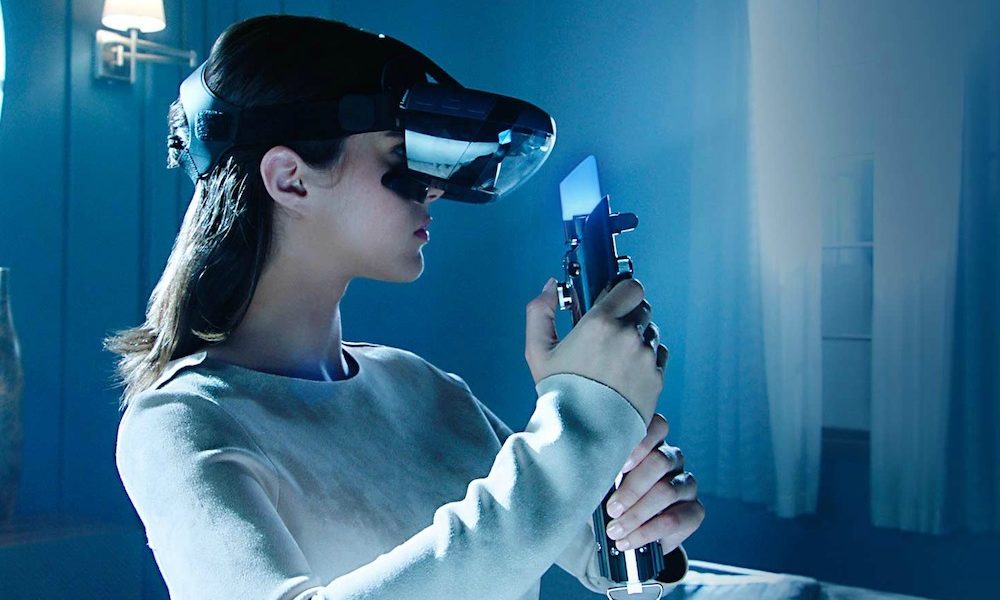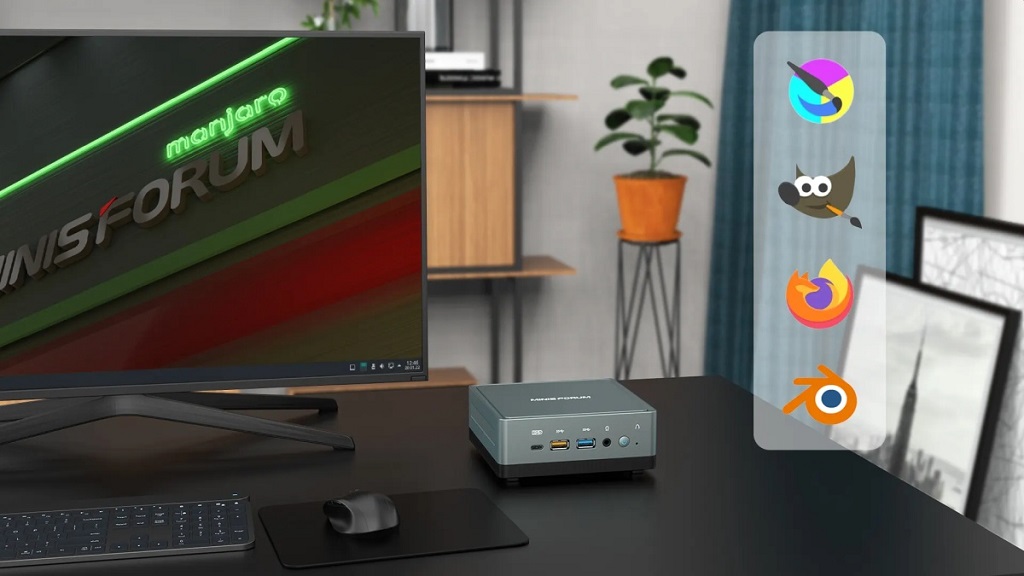
Google does not give up. After his resounding failure with Google Glass and his equally unsuccessful Daydream (his virtual reality project) he could now be planning the development of a new augmented reality device that would hit the market in 2024.
According to The Verge, the code name of this new product is “Project Iris” and it would be in line with what companies like Apple or Meta are doing to compete with Microsoft in one of the spaces that is expected to have the most future in the coming years.
In its current phase of development, the Google product is somewhat reminiscent of ski goggles, although we are far from certain that its design will not change in the coming months/years. It is known and this seems confirmed that the glasses will work independently and that they will rely on Google’s cloud services to carry out the most intensive graphic processing tasks.
As for the hardware, although technical details have not yet emerged, it is known that the team that has designed the brand’s Pixel phones is the one in charge of a new product that, most likely, would equip a Google Tensor processor of new generation. As for the software, at the moment the tests are being carried out on Android, although some clues indicate that it could end up with its own OS, who knows if it is based on that Google Fuchsia that has already debuted on some Nest devices.
In any case, Project Iris marks Google’s return to a category in which it has been trying to do “something big” since 2012, when its ill-fated Google Glass half debuted on the market, or Daydream, a project full of good intentions that nevertheless , crashed before that insurmountable wall that is the disinterest of the developers, forcing the company to end this adventure in 2019.
In this race, not for being the first, but for being the best in these new software-defined realities, Project Iris remains an “ultra-secret project”, to which Google is currently allocating the work of 300 engineers, if well in the short term those of MountainView plan to incorporate a few hundred more. In front of them would be Clay Bavor, who would report directly to Sundar Pichai on progress in this field and who is also responsible for that Project Starline which we talked about a few months ago.
Since then, Project Starline has continued to amaze as a solution with which Google promises companies truly immersive video conferencing, in which holograms and other augmented reality technologies play a fundamental role.
Those who have tried Starline say that it is one of the most impressive technological demonstrations in history. Its ability to recreate the person you’re talking to in 3D is supposedly hyper-realistic, and in an eye-tracking test with employees, Google found that people focused about 15 percent more on the person they were talking to using Starline than with a traditional video call and that recall was almost 30 percent better when asked about the details of the conversations. If Iris works with the same concepts, it can become a technical marvel, far ahead of its current competitors.
In addition to Clay Bavor, the development team includes names like the ex-CTO of Magic Leap Paul Greco, a company Google has also invested in in the past, or Scott Huffman, creator of Google Assistant. In addition, many of the engineers who would be working on the project would come from North, a company specializing in the development of AR glasses that was acquired by Google in 2020.



